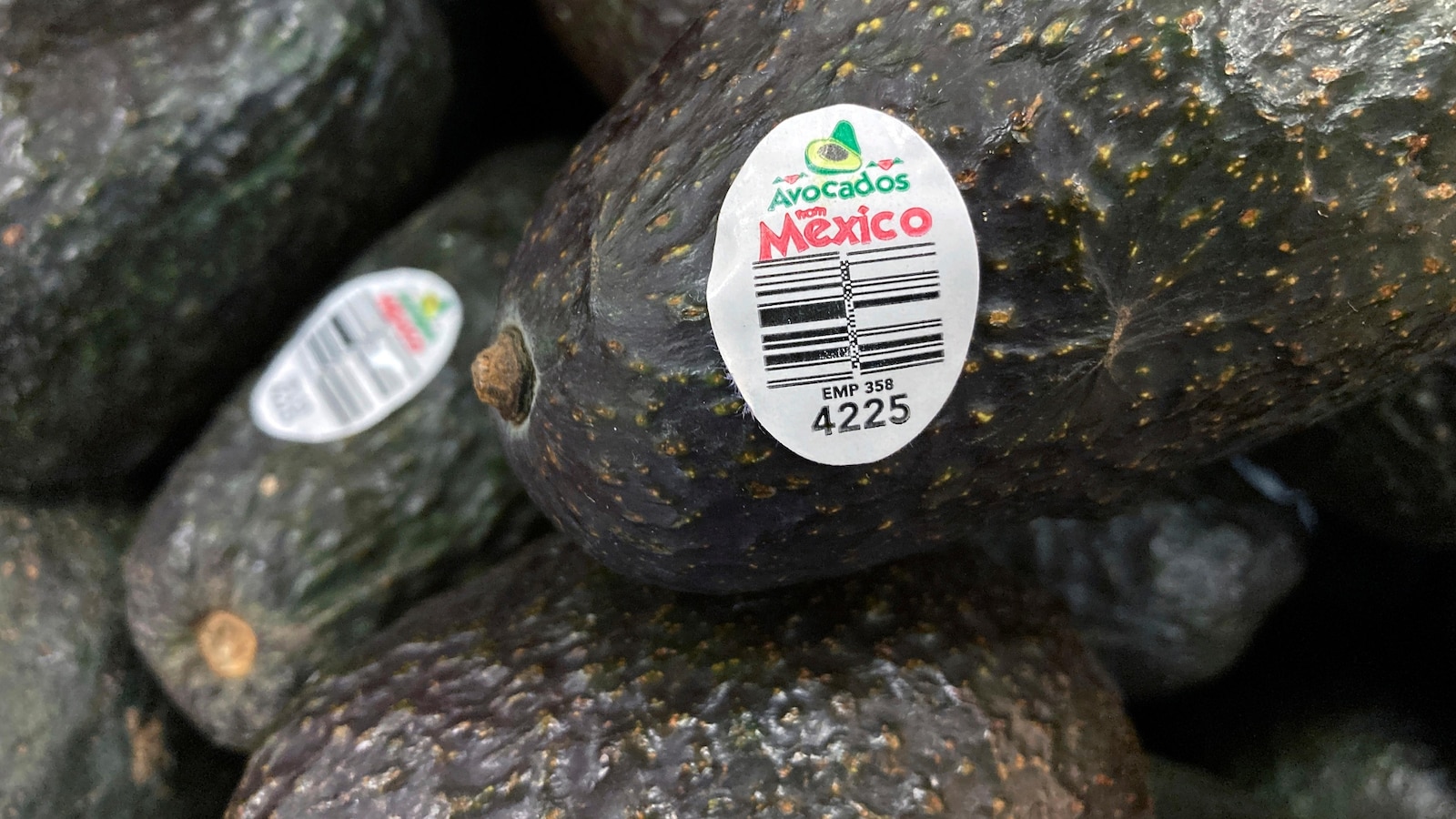
MEXICO CITY — U.S. government inspections of avocados and mangoes in the Mexican state of Michoacan will gradually resume, U.S. Ambassador Ken Salazar announced Friday, a week after they were suspended over an assault on inspectors.
The U.S. Agriculture Department inspectors “will gradually begin to return to the packing plants following recent aggression against them,” Salazar said in a statement. “However, it is still necessary to advance in guaranteeing their security before reaching full operations.”
“In fact, more work still needs to be done so that the (agriculture) inspectors are safe and can resume inspections and thereby eliminate the impediments to the trade of avocado and mango to the United States from Michoacan.”
Last weekend, two USDA employees were assaulted and temporarily held by assailants in Michoacan, Salazar said earlier this week. That led the U.S. to suspend inspections in Mexico’s biggest avocado-producing state.
The employees work for the U.S. Department of Agriculture’s Animal and Plant Health Inspection Service. Because the United States also grows avocados, U.S. inspectors work in Mexico to ensure exported avocados don’t carry diseases that could hurt U.S. crops.
Earlier this week, Michoacan Gov. Alfredo Ramírez Bedolla said the inspectors had been stopped in a protest by residents of Aranza in western Michoacan on June 14.
He downplayed the situation, suggesting the inspectors were never at risk. He said that he got in touch with the U.S. Embassy the following day and that state forces were providing security for the state’s avocado producers and packers.
Many avocado growers in Michoacan say drug gangs threaten them or their family members with kidnapping or death unless they pay protection money, sometimes amounting to thousands of dollars per acre.
There have also been reports of organized crime bringing avocados grown in other states not approved for export and trying to get them through U.S. inspections.
In February 2022, the U.S. government suspended inspections of Mexican avocados “until further notice” after a U.S. plant safety inspector in Michoacan received a threatening message. The halt was lifted after about a week.
Later that year, Jalisco became the second Mexican state authorized to export avocados to the U.S.
The new pause in inspections didn’t block shipments of Mexican avocados to the United States, because Jalisco is now an exporter and there are a lot of Michoacan avocados already in transit.
Salazar said he was optimistic things were moving in a positive direction, but would not be satisified until the inspectors can work without threats to their safety.
The avocado industry in Mexico has faced a significant setback in recent months due to ongoing conflicts in the state of Michoacán, a major avocado-producing region. However, there is some good news on the horizon as the United States Ambassador to Mexico has announced a gradual resumption of avocado inspections in the conflictive state.
The conflict in Michoacán stems from a long-standing battle between rival drug cartels for control of the region. This has led to violence, extortion, and other criminal activities that have made it difficult for avocado producers to operate safely and efficiently. As a result, the United States temporarily suspended avocado inspections in Michoacán earlier this year, causing a major disruption to the industry.
However, the announcement by the US Ambassador to Mexico signals a positive step towards resolving the situation and allowing avocado producers in Michoacán to resume exports to the United States. The gradual resumption of inspections will ensure that avocados from the region meet the necessary quality and safety standards required for export.
This news will come as a relief to avocado producers in Michoacán who have been struggling to maintain their businesses amidst the ongoing conflict. The resumption of inspections will not only benefit them but also the wider economy of the region, which relies heavily on the avocado industry for employment and economic growth.
It is important to note that while this announcement is a positive development, the situation in Michoacán remains complex and challenging. The safety and security of avocado producers and workers must continue to be a top priority, and efforts to address the underlying issues contributing to the conflict must be ongoing.
Overall, the gradual resumption of avocado inspections in Michoacán is a step in the right direction towards restoring stability and prosperity to the region’s avocado industry. It is hoped that this will pave the way for further progress and cooperation between Mexico and the United States in supporting the avocado sector and promoting economic development in Michoacán.


